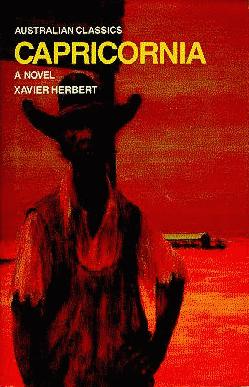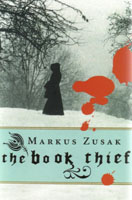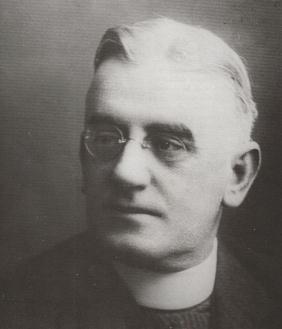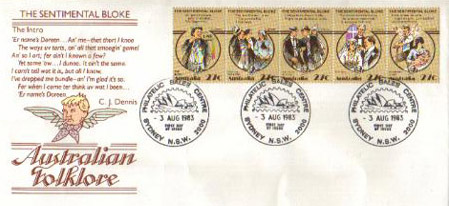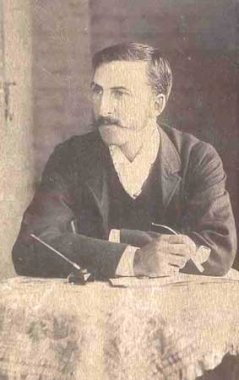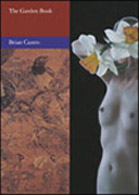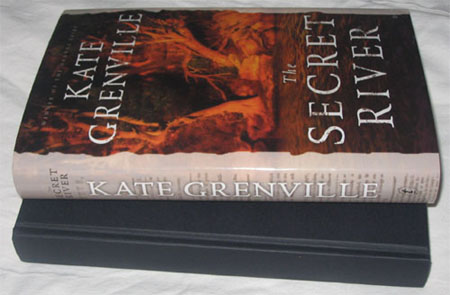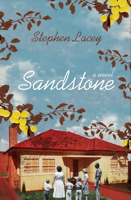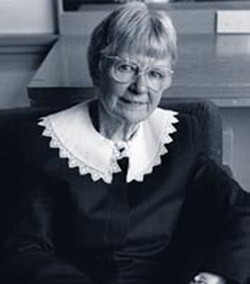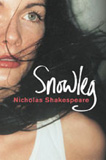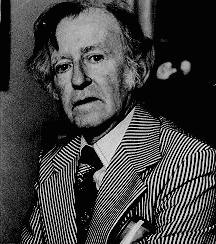This novel was shortlisted for the Best Book of the South East Asia and South Pacific Region award in the 2006 Commonwealth Writers' Prize.
Description: "It is 1939. Nazi Germany. The country is holding its breath. Death has never been busier, and will become busier still.
"Liesel Meminger and her younger brother are being taken by their mother to live with a foster family outside Munich. Liesel's father was taken away on the breath of a single, unfamiliar word - Kommunist - and Liesel sees the fear of a similar fate in her mother's eyes. On the journey, Death visits the young boy, and notices Liesel. It will be the first of many near encounters. By her brother's graveside, Liesel's life is changed when she
picks up a single object, partially hidden in the snow. It is The Gravedigger's Handbook, left there by accident, and it is her first act of book thievery.
"So begins a love affair with books and words, as Liesel, with the help of her accordion-playing foster father, learns to read. Soon she is stealing books from Nazi book-burnings, the mayor's wife's library, wherever there are books to be found.
"But these are dangerous times. When Liesel's foster family hides a Jewish fist-fighter in their basement, Liesel's world is both opened up, and closed down."
One thing this description doesn't tell you is that the book is narrated by Death himself. Death has rescued Liesel's autobiographical journal which allows Zusak to explore, according to Lorien Kaye in Australian Book Review, "the other theme of the book, the nature and importance of books, words reading and writing."
As Kaye goes on to say: "His first four books were more literary than much writing for young adults, and the essence of Zusak's prose style has remained the same: at once muscular and poetic. Sentences are often short but are structurally plain or complex. Zusak enjoys inventive language use and delights in describing the world on a slightly
skewed angle.
"It is easy to wring emotion and narrative drive from this grander scope, the raw suffering of World War II and the Holocaust. It is harder to create something more substantial. Markus Zusak goes well beyond the superficial, at least partly due to his prose style, but there are depths that remain just beyond his reach."
Which I read as saying that Zusak has reached for the heights and just failed to reach them. Peter Pierce in "The Age", on the other hand, considers that "The Book Thief is a triumph of control, and for the most part of tact, although Death is at liberty to breach any decorum. Its oblique angle on the German homefront never exalts the courage of the young, but quietly tells of how days and months are managed.
"Zusak has written, in his 30th year, one of the most unusual and compelling of recent Australian novels. He gives its last words to Death, who confesses 'I am haunted by humans'. Those whom we encounter in The Book Thief have that power over the reader, too."
You can read an interview with Markus Zusak in "Publishers Weekly", conducted by Judith Ridge. The novel is due to be published in the USA in March 2006. Ridge, a Sydney based writer, also publishes a weblog and she has posted about the meeting she had with Zusak.
